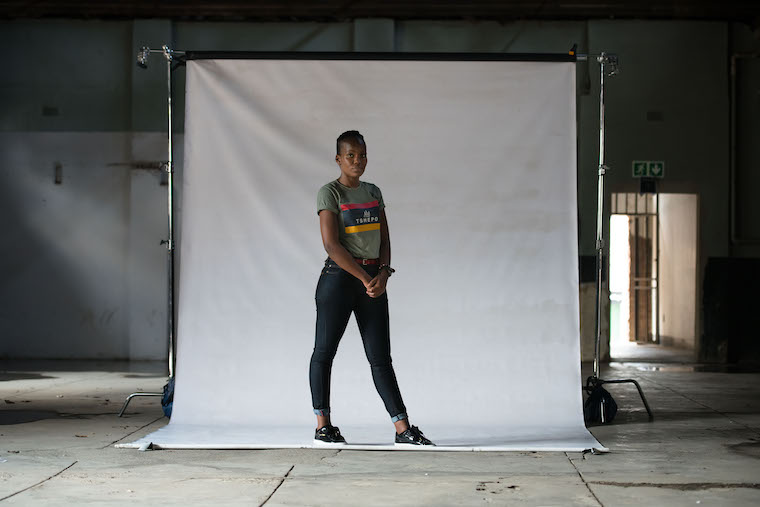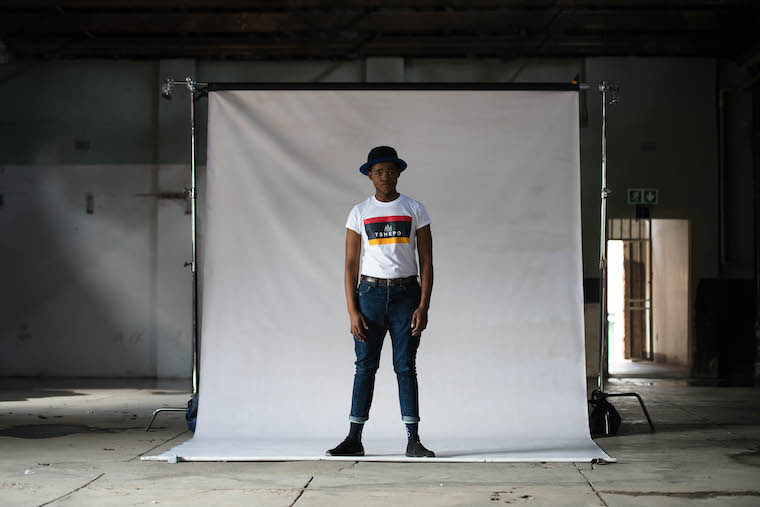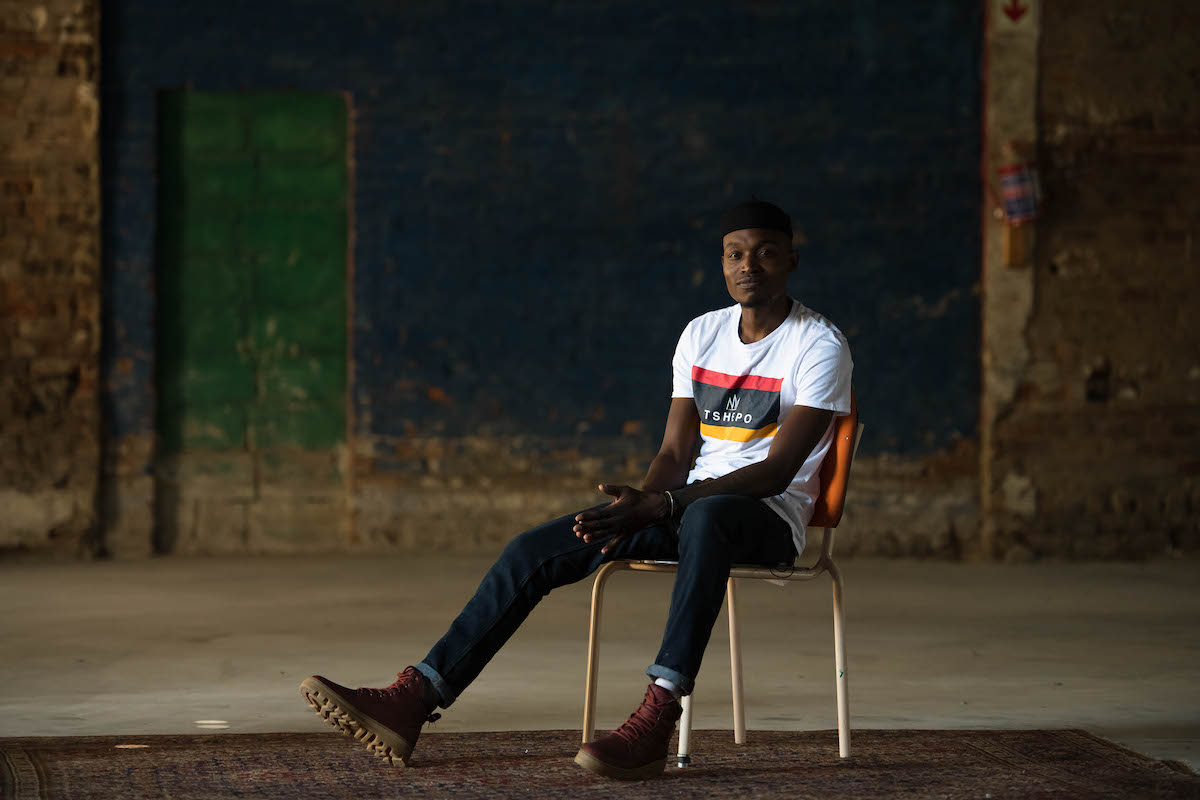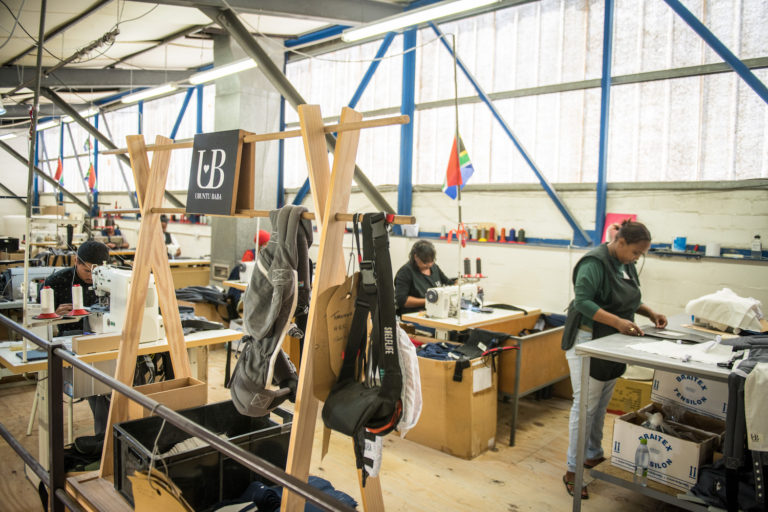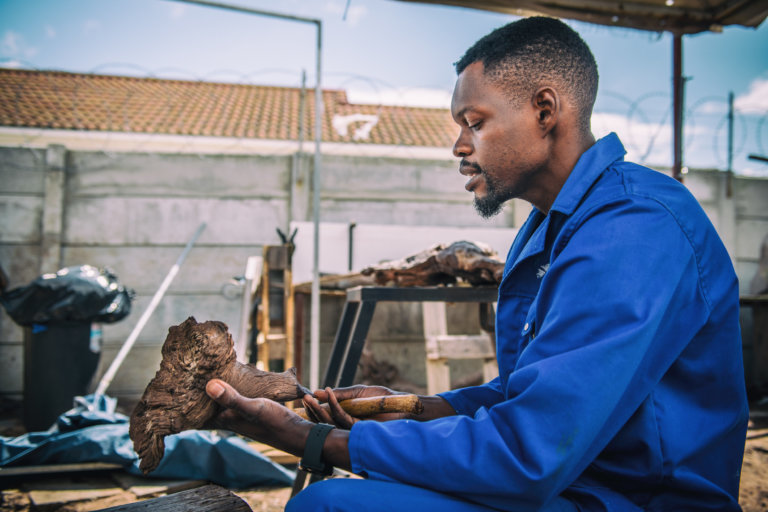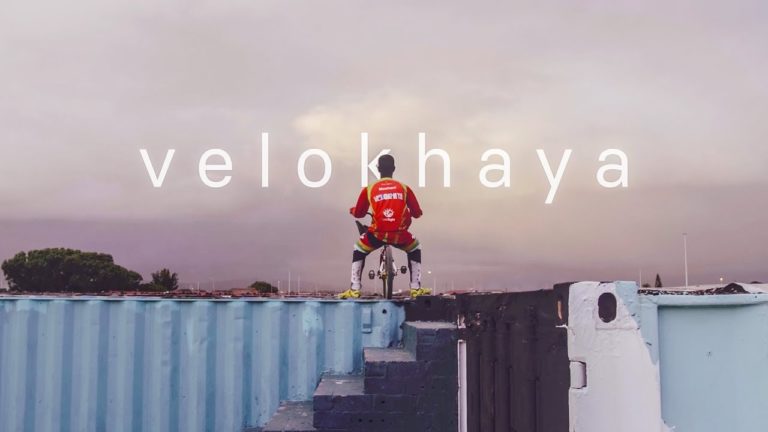A man of the denim cloth
It starts with cotton. Threads of cotton are woven together into denim fabric. That fabric is cut into panels. Panels are stitched together. Add buttons, zips, pockets, rivets and detailing and you have a pair of jeans. It sounds simple, but like all craft the quality is in the details.
Hearing Tshepo Mohlala, founder of the denim brand Tshepo the Jean Maker, talk about denim brings this ordinary fabric that many of us wear nonchalantly at work, at leisure, and in different colours, styles and cuts into the limelight. Think about it: how often do we wear jeans without considering the story behind them. And for Tshepo story is everything.
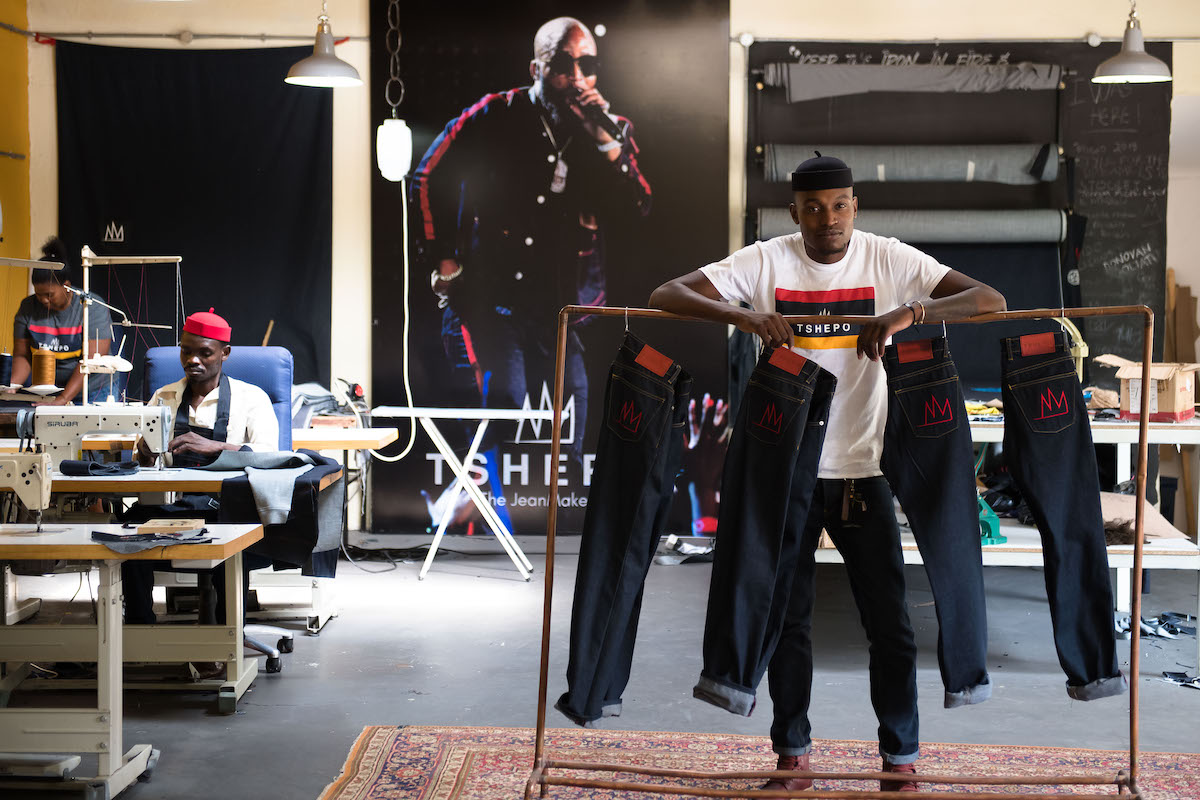
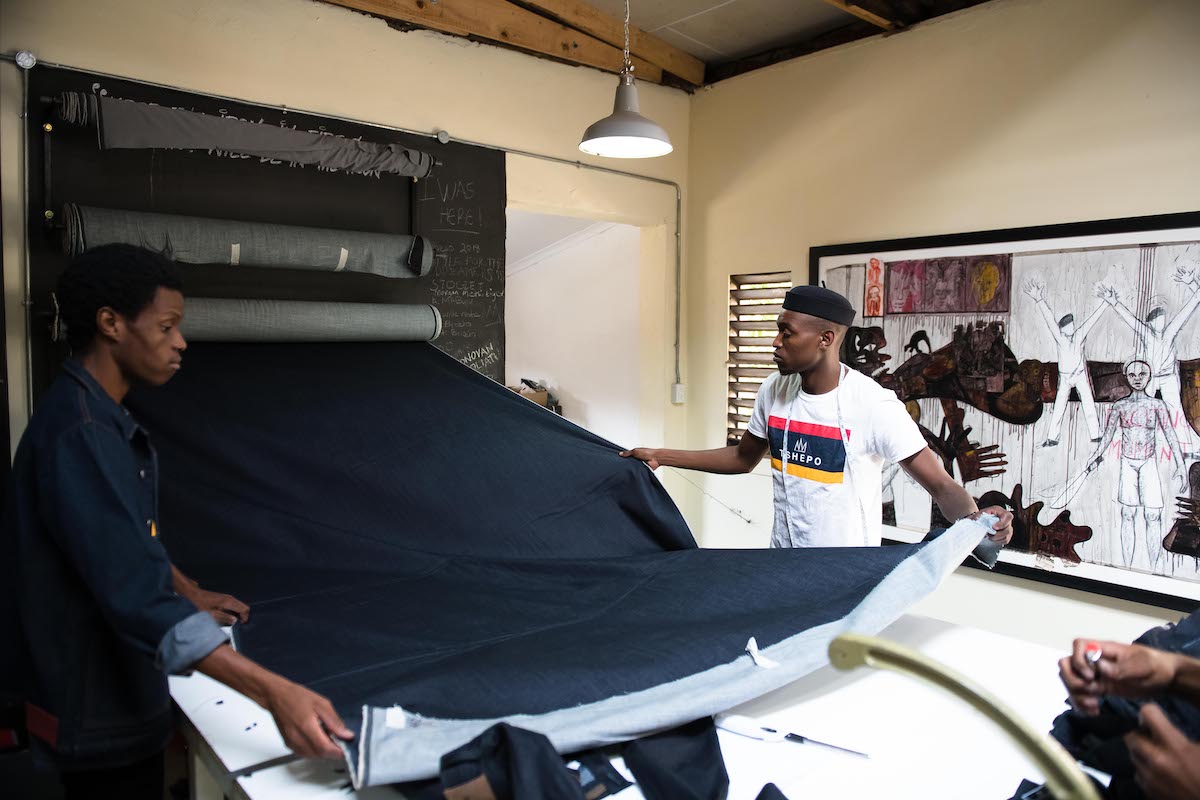
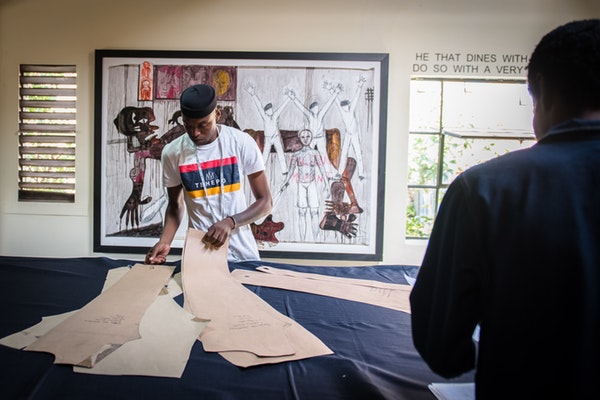
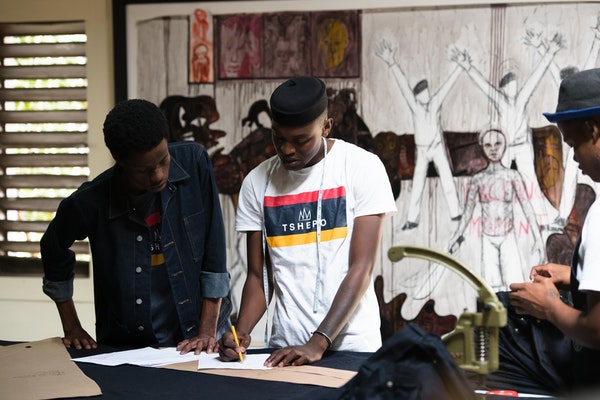
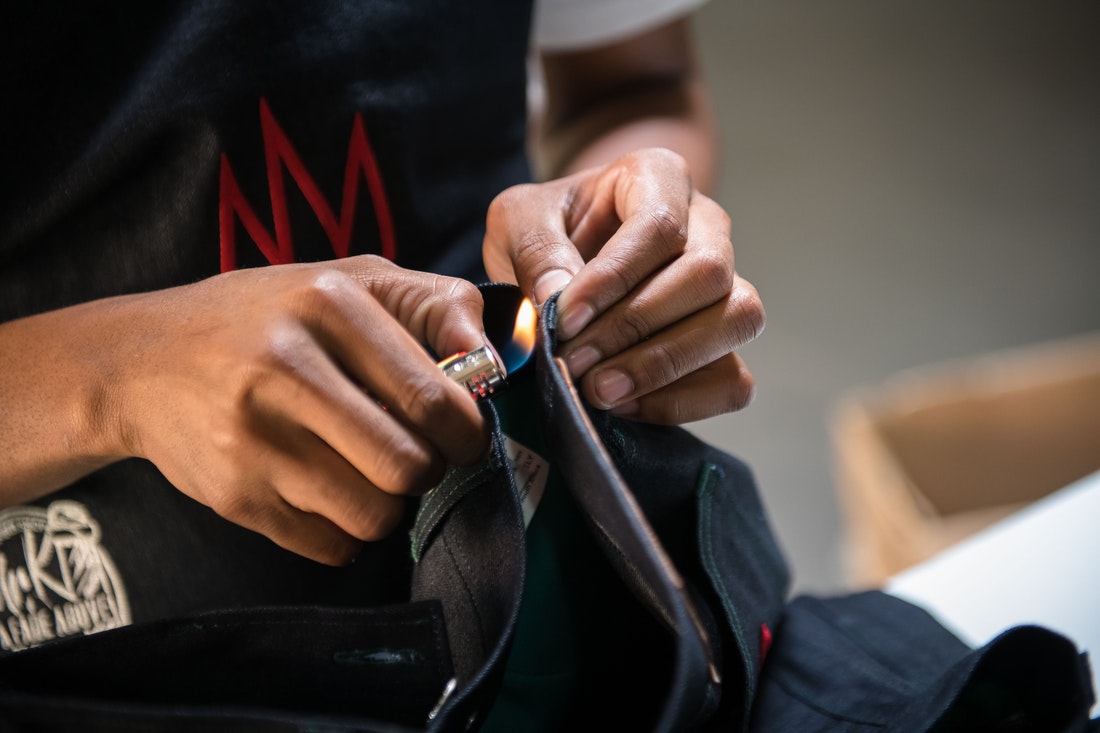
His story starts in Tsakane, a township near Ekurhuleni – in sight of the mining mounds that spread the fame of denim. In the 19th century Levi Strauss made a fortune supplying riveted jeans to mine workers and coincidentally Tshepo also makes jeans for the stylish in the city of gold (and beyond). Tshepo says his love of fashion started at home where he was raised by his mother, his aunt and his grandmother. Each of them playing a part in making him who he is today. From his grandmother, who is a pastor, the dictum: You are a gentleman and you always have to look like one. From his aunt the love of fashion as a way to express who you are. And from his mother a desire to succeed.
I chose to specialise in denim because of its distinctly nostalgic character, which guides much of my design process.
After a brief infatuation with the film industry he returned to his first love of fashion. He recounts: “It was tough. After dropping out of film school, I studied fashion but I could not complete my studies because I couldn’t afford it. I worked at a call centre and at a boutique shop to keep going. The struggle pushed me to try to make a name for myself. I chose this path and I promised my family that I would make something of it.” Along the way he picked up contacts in the fashion industry like Felipe Mazibuko, a well-known stylist, who became his first mentor.
Soon enough he was collaborating with other up-and-comers in the industry and worked on a brand called AfrikanSwiss selling high-quality jeans. When that collaboration came to an end, it seemed like he was at a dead-end.
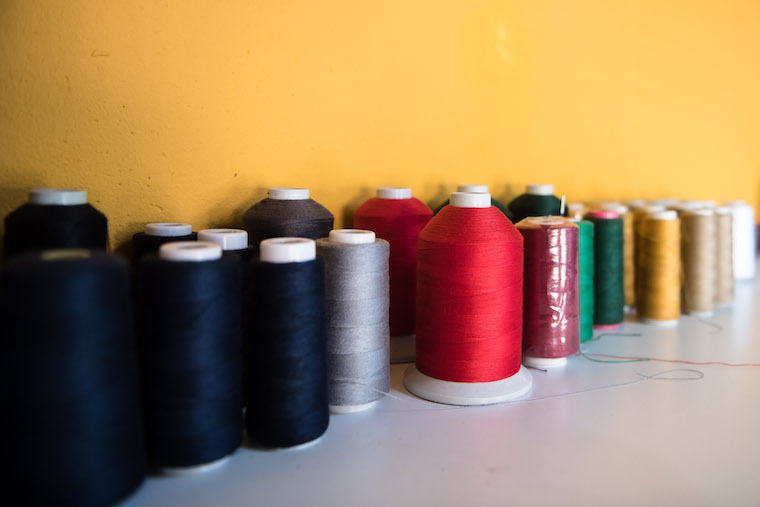
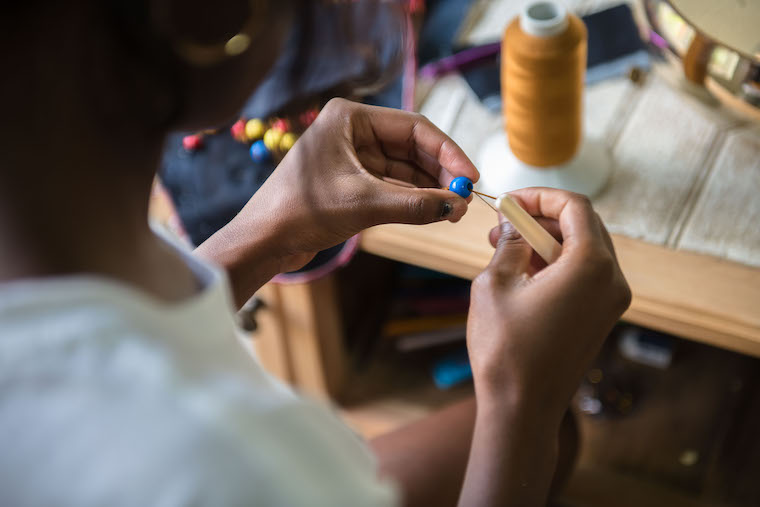
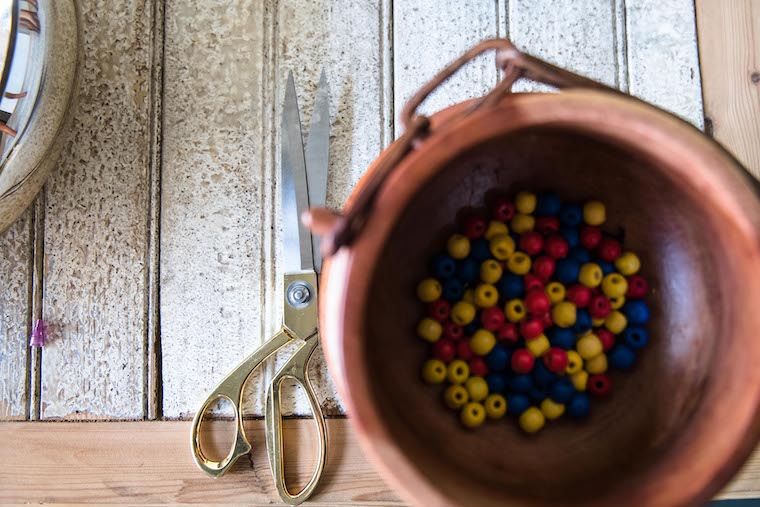
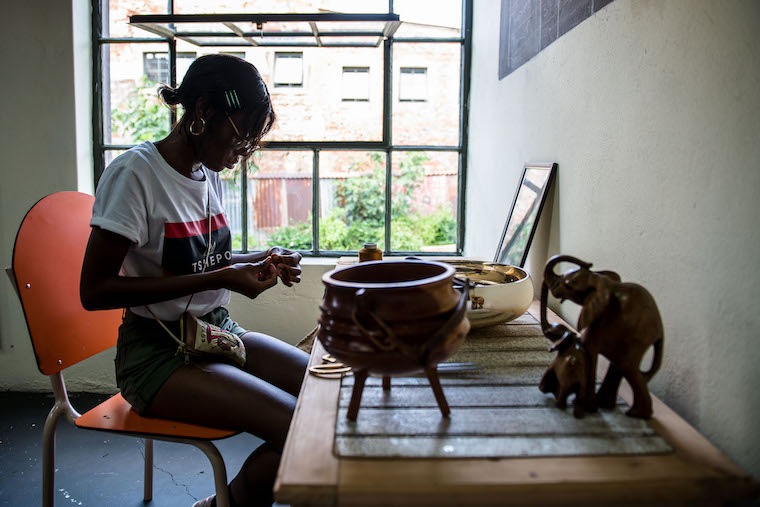
His first range, the Presidential Slim Fit, is still going strong. As he tells the story of its evolution from a minimalistic rough design to the branded, riveted and riveting product it is today you get to see the passion behind his love for denim. Why denim in particular? “Every pair of jeans is a story. I have a pair of jeans that survived me falling off a motorbike that tell a story of what I have survived. I want to create a legacy. I want to keep my story alive. We hear about stories of great jean makers from the 1800s (like Levi) and they are still with us today. I want people to wear their stories made by Tshepo the Jean Maker. These jeans will outlive me,” he says.
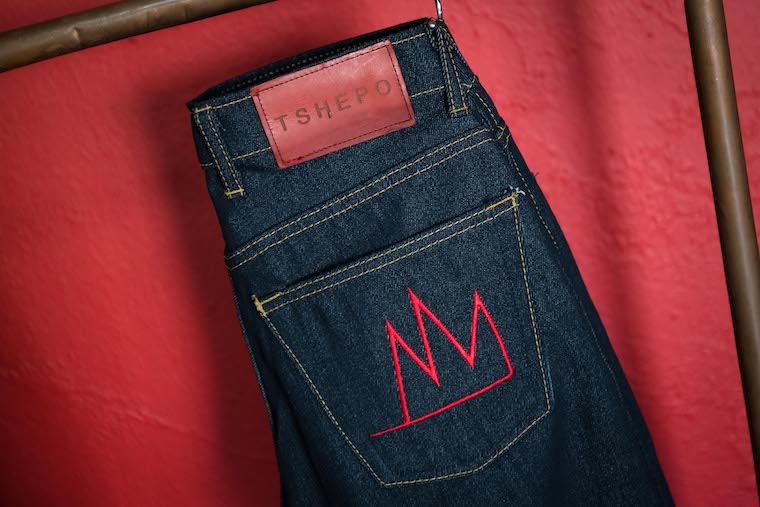
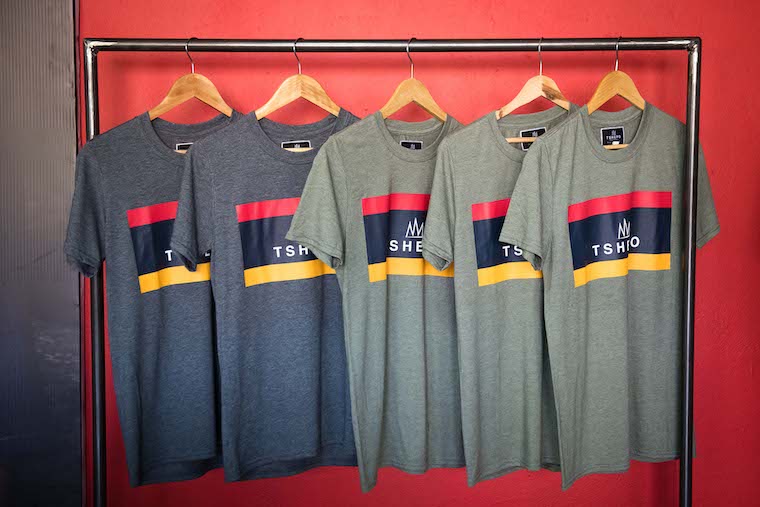
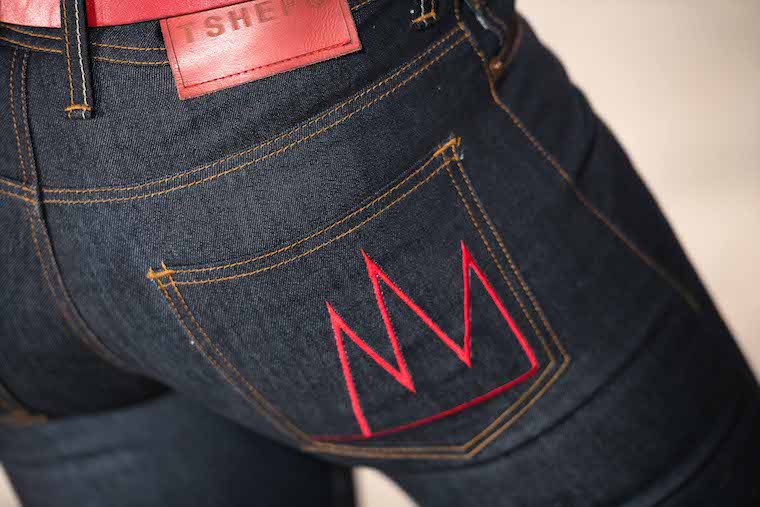
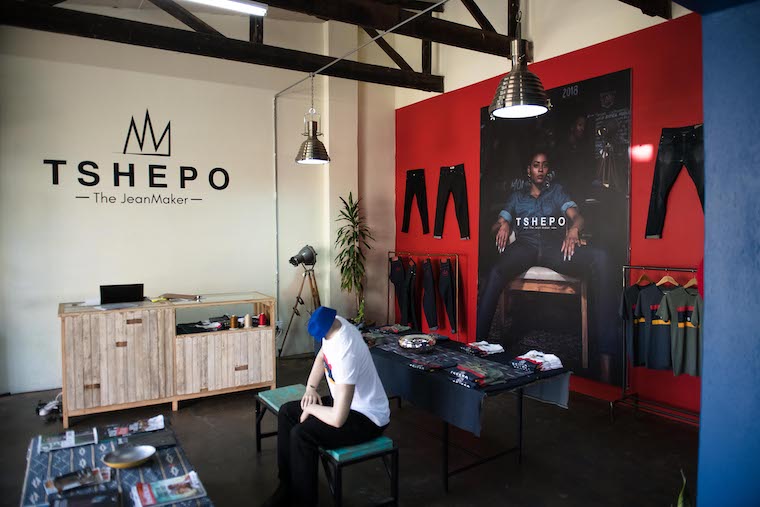
His first range, the Presidential Slim Fit, is still going strong. As he tells the story of its evolution from a minimalistic rough design to the branded, riveted and riveting product it is today you get to see the passion behind his love for denim. Why denim in particular? “Every pair of jeans is a story. I have a pair of jeans that survived me falling off a motorbike that tell a story of what I have survived. I want to create a legacy. I want to keep my story alive. We hear about stories of great jean makers from the 1800s (like Levi) and they are still with us today. I want people to wear their stories made by Tshepo the Jean Maker. These jeans will outlive me,” he says.
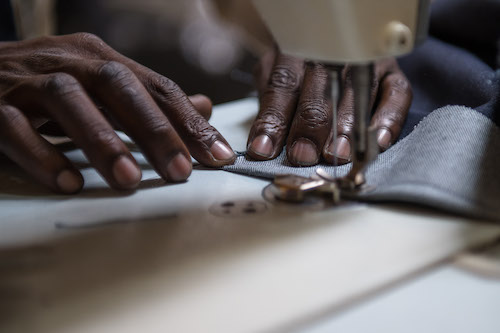
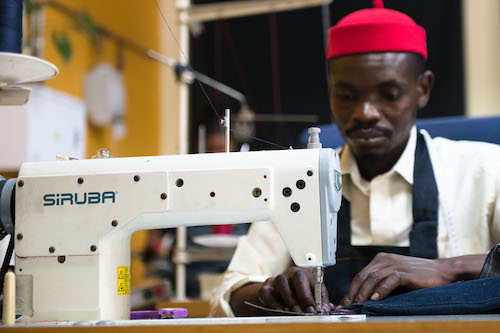
It’s this story that has driven his brand forward and created demand in places like the Netherlands and in Asia. Even when some on social media were scoffing at the price of his jeans and laughing at the idea of buying an item branded with the name ‘Tshepo’ the attention only helped further the story. “The pull-down culture on social media did us a favour and gave us a higher profile. People only pull down things that are flying up there, so it worked out,” he says. Along the way other challenges have been met and overcome: access to market, getting funding from the right people and also getting a firm understanding of the target market. But consistently, throughout the growth of the business, craft has been a fundamental principle. Work hard at producing beautiful jeans and everything else follows. Sweat the rivets, sweat the stitching, work with constraints of the material and you end up with a product that justifies its price.
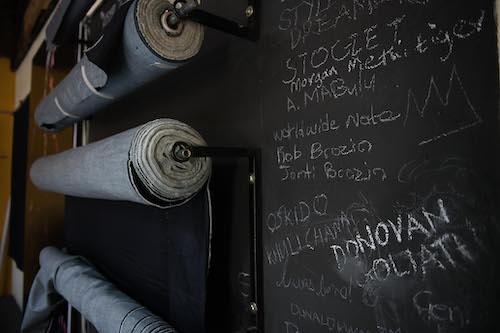
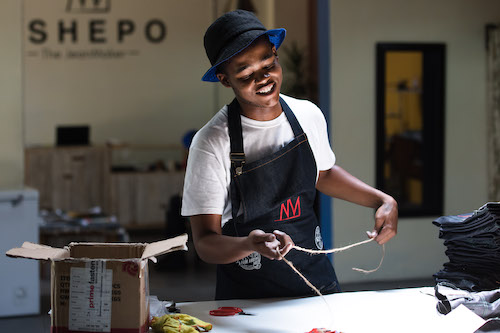
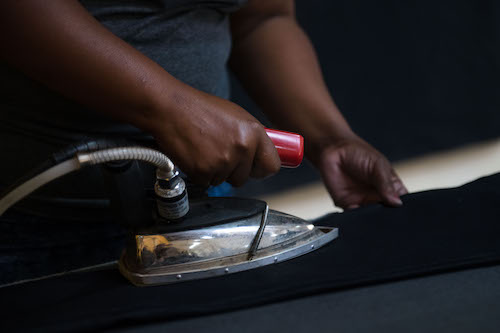
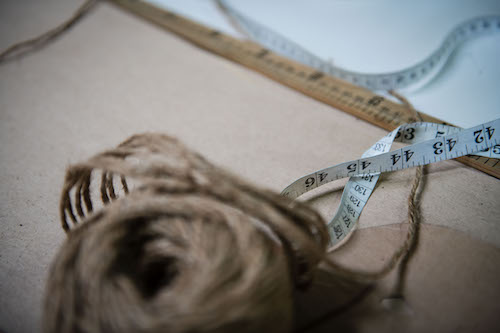
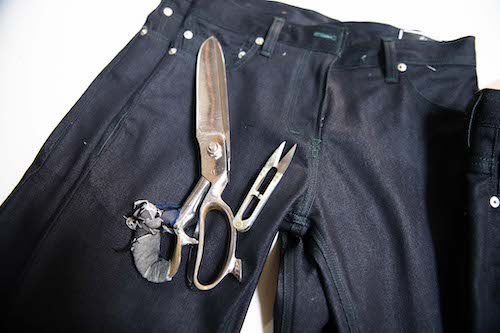
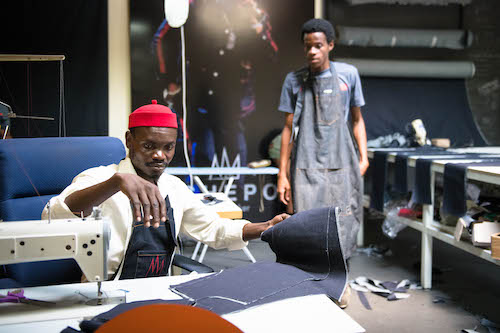
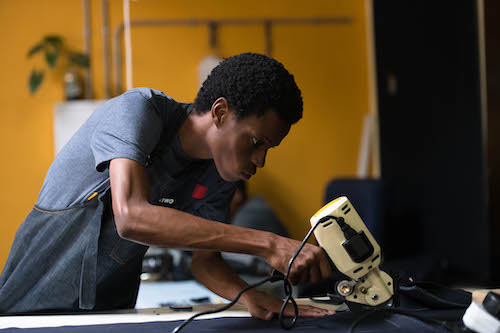
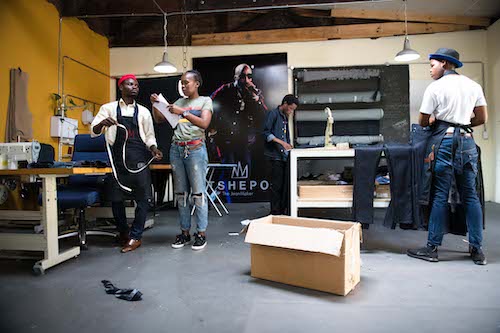
He adds: “I have not done it alone. Right now I employ six people who are as passionate about this as I am. I have Ahmed, from Malawi, who is a tailor; Ntando with the in-house fashion design; Thulani doing the cutting; Vanessa in sales and Mam Nyoki keeping us all going. And then there are the people who have supported me. We don’t have money in my family, but they give me emotional support. A lot of entrepreneurs underestimate the importance of that. It’s not just about money, but about the people who walk the journey and make the story with you.”
Raw denim tells a story over and over. It builds character over time. It becomes your personal item.
